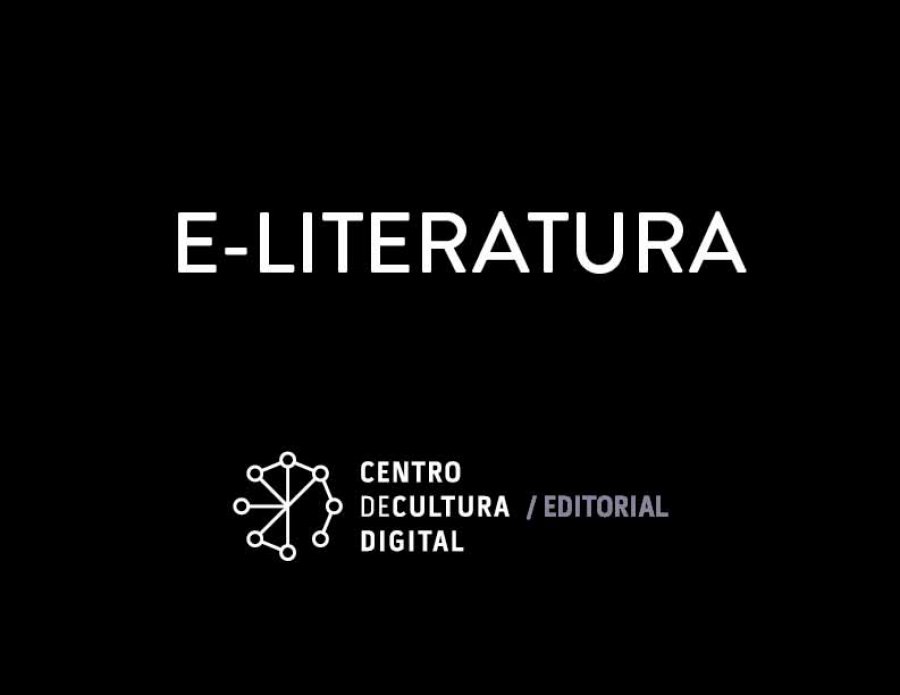Noticias
E-Literatura, an innovative project that will represent Mexico in Spain
November 14, 2017Mexico is the guest country of the 5th edition of the Electronic Book Congress to be held in Barbastro, city of the Spanish province of Huesca, on November 15, 16 and 17.
The congress is being held for the fifth time thanks to the collaboration between the Provincial Council of Huesca and the Digital Culture Center. Mexican experts will be attending to discuss the e-book industry through workshops, conversations, professional sessions and the presentation of projects from both countries.
As part of the symposium dedicated to reflection on the evolution of the digital sector market, five Mexican proposals will be presented in the Iberian Peninsula. Among them is E-Literatura, a collective digital publishing project of the Digital Culture Center that was born about four years ago to promote different lines of research in relation to electronic formats.
In an era in which the interaction of human beings with technology has become indispensable in everyday life, it is impossible for literary creation to be shown outside these digital elements. Technology has greatly influenced our language and the way we create and are part of a culture.
“The relationships we have with technologies make our language different... talking about how we just make use of technologies and all the cultural production that is made from these technologies. I want to emphasize the political, philosophical and social issues of the use of technology”, explained Monica Nepote, who is in charge of the project.
So today literature is not simply an act of signs that appear only in the canonical form of the book; now with digital technologies we have productions of electronic textualities: "a fabric that is made between the natural language and the language of programming," explained the editor of the Digital Culture Center.
The project consists of three sections that can be found on its website; a magazine that disseminates and reflects on digital culture through articles that deal with video games and readings, reports on the usefulness of social networks for social mobility and how they facilitate organization in the physical space, for example.
There is also the E-Literature platform, which is another research and experimentation project that contains different pieces of digital literature and also a section called Descargables (Downloadable), which are three collections of free books for the public from authors and artists marked by the influence of technological language.
The pieces that make up the collection of this publishing project are collective creations in which writers, programmers and web designers participate.
As a result of technological possibilities, these works produce literature in electronic formats with texts and moving images. In other words, literary creations that single out the texts that come from a more canonical place, the book.
Among the Mexican projects that will be presented at the meeting are: Living a book by Jorge Caballero, an application for mobile interactive book devices in which the reader makes decisions in history; El librero de Gutenberg by Esteban Constante, a blog about dissemination of knowledge and entertainment that has a considerable number of followers; Editorial Cascajo by Juan Leduc, which produces audio recordings for the texts to be listened; and Ocho Gallos by Alfonso Ochoa, whose platform focuses on developing interactive projects in digital, children's and cultural areas.
For further information about the project, please visit: http://editorial.centroculturadigital.mx/
Mexico,Distrito Federal
